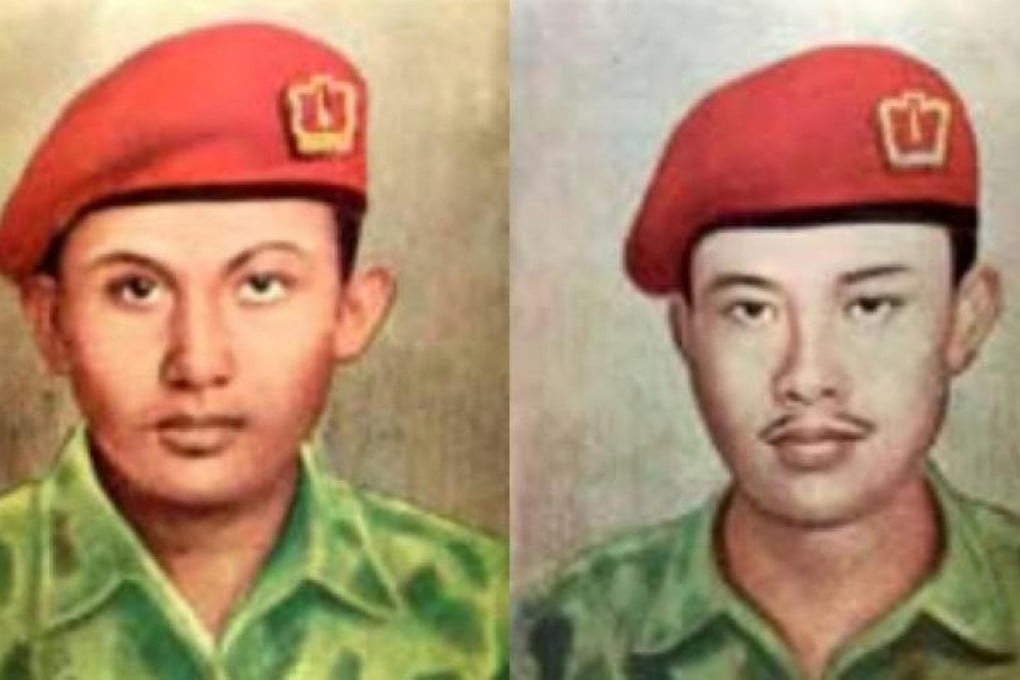1965 bombing still stains relations between Singapore and Indonesia
Jakarta's insistence on naming a warship after two marines who bombed Singapore in 1965 has re-opened old wounds, analysts say

It's a diplomatic row that stretches back half a century, tainting Singapore-Indonesia relations with memories of a bomb, bloodshed and executions.
Now the notorious Orchard Road blast of 1965 is back in the spotlight, thanks to Jakarta's decision this month to name a warship after the bombers, who were a pair of undercover Indonesian marines.
Politicians in Indonesia have often used Singapore … to enhance their nationalist credentials
Political experts believe the recently reopened wounds are unlikely to spur physical confrontation or economic fallout - but caution that they may continue to fester, especially since neither side feels it can afford to appear weak in a region with a history of strife.
Indonesia is already preoccupied with an upcoming election, and has major differences with Australia over asylum seekers and allegations of spying. Jakarta might have to engage in some delicate diplomacy with Singapore, especially since it is the wealthy city state's third largest trade partner.
The problems began after Jakarta officials confirmed they will name a navy vessel "KRI Usman- Harun" after Usman Haji Mohamed Ali and Harun Said - the two marines who bombed an office building in Singapore's main shopping district on March 10, 1965.
The explosion left three dead and 33 injured. The two marines, who were acting under orders, were convicted and hanged three years later by Singapore authorities. But they were hailed as heroes back home in Indonesia, where there were protests over their executions.